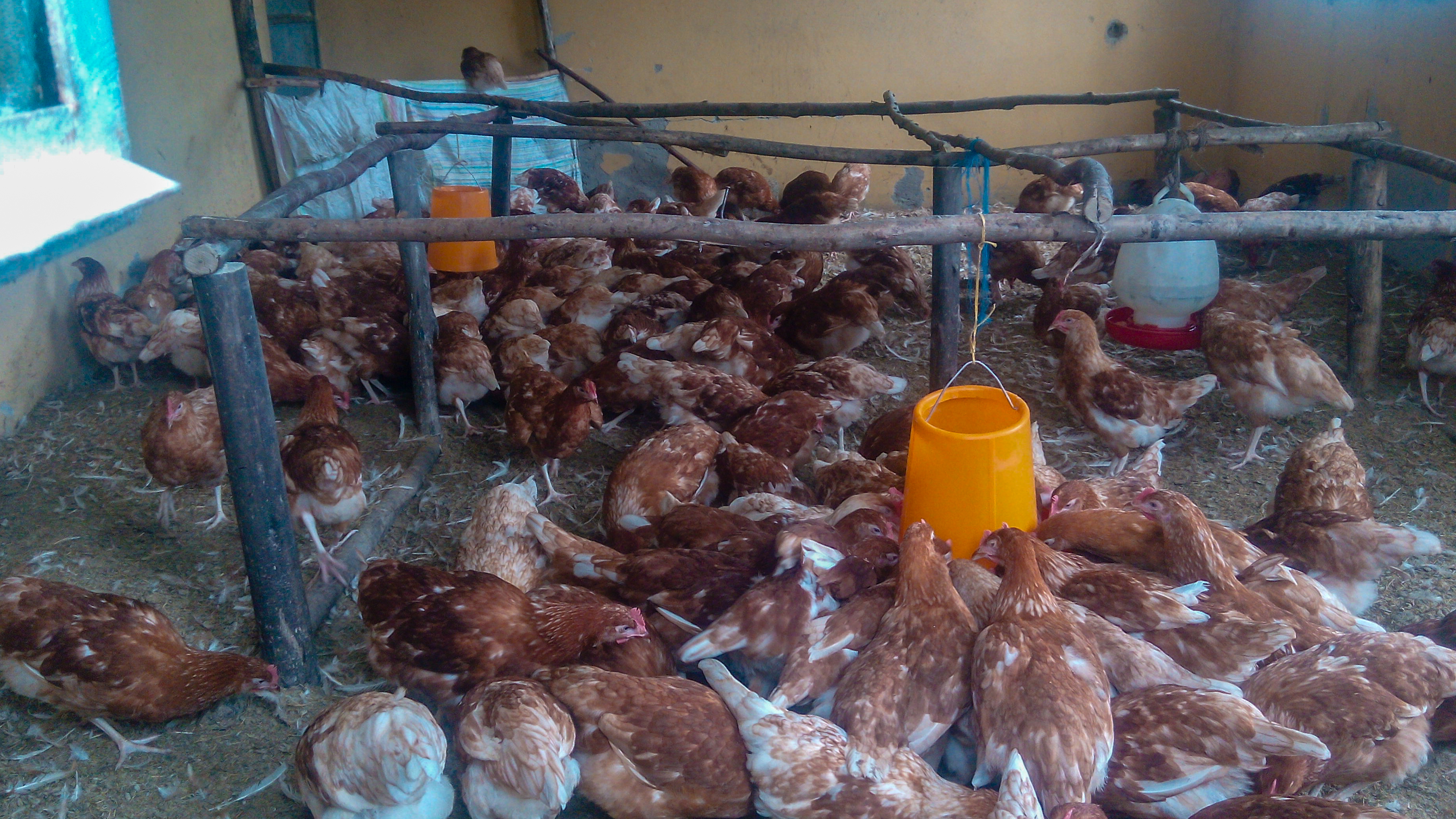
In the Tigray Region of northern Ethiopia, the Feed Enhancement for Ethiopian Development (FEED) II project, funded by the United States Department of Agriculture (USDA) and implemented by ACDI/VOCA, supported a cooperative of 15 women. The project awarded the Friyat Poultry Limited Cooperative with a fixed amount subaward grant to construct poultry houses and establish their own poultry enterprises. Through their enterprises, they reared day-old chicks until 45 days of age and sold them at a reasonable price to the surrounding community.
The cooperative is now a major supplier in the area as well as in more remote areas, where farmers wait long periods to get 45-day old pullets from the government or other suppliers. These women have filled a supply gap, benefitting both themselves and the community.
They have also almost tripled their sales volume from 5,130 in 2017 to 14,682 in 2018. Members are not only earning more through their enterprises, but they are also receiving dividends. Members received a dividend of 5,900 Ethiopian birr (US$210) from when pullet sales began to 2018.
Between 2016 and 2018, the Friyat Poultry Limited Cooperative sold 21,655 pullets for 1,248,629 birr (US$46,240)
FEED II Supports Milk Producers
The Waltanie Dairy Cooperative is a 64-member cooperative, the majority of whom are women. Since forming in 2016, the cooperative has received training in milk-quality and business management, which has helped them increase their production. From 2016 to 2018, they more than tripled their sales volume, growing from 772,826 birr to 2,612,185 birr in total sales value. Members receive a monthly base salary, in addition to dividends received from the cooperative.
Before FEED II’s support, producers often experienced a surplus of milk that they could not sell. Now, they have a reliable market through the cooperative.
With new equipment purchased through the grant, members also save time, which allows women to earn an income while also managing household or school activities. This includes the purchase of a bajaj (tuk tuk) to speed up milk collection, and tools for churning butter in a fraction of the time.
“Before the grant for milk equipment, I used to spend three to four hours churning butter manually. Now I can do it in 20 minutes, and we always have butter and cheese for special occasions.” –a woman in the Waltanie Dairy Cooperative
In addition to time saved and increased incomes, women are also empowered to make decisions within the cooperative. This generally translates into more decision–making power within the household, making for a more equitable future moving forward. Thirty percent of FEED II participants are women, including 12,313 women trained through project activities.
Learn more about FEED II here.
Learn more about our efforts in Ethiopia here.







